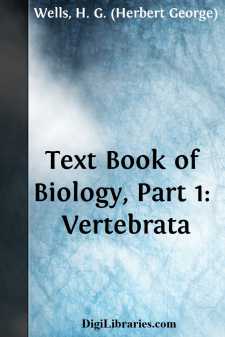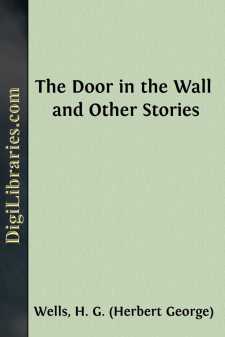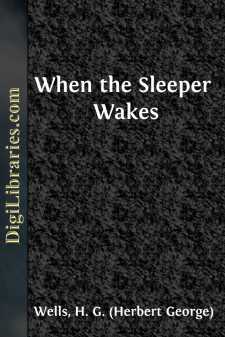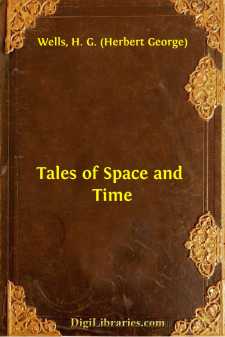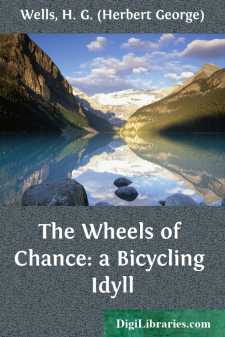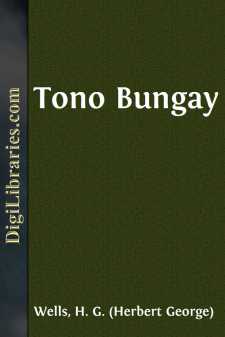Categories
- Antiques & Collectibles 13
- Architecture 36
- Art 48
- Bibles 22
- Biography & Autobiography 813
- Body, Mind & Spirit 141
- Business & Economics 28
- Children's Books 12
- Children's Fiction 9
- Computers 4
- Cooking 94
- Crafts & Hobbies 4
- Drama 346
- Education 46
- Family & Relationships 57
- Fiction 11826
- Games 19
- Gardening 17
- Health & Fitness 34
- History 1377
- House & Home 1
- Humor 147
- Juvenile Fiction 1873
- Juvenile Nonfiction 202
- Language Arts & Disciplines 88
- Law 16
- Literary Collections 686
- Literary Criticism 179
- Mathematics 13
- Medical 41
- Music 40
- Nature 179
- Non-Classifiable 1768
- Performing Arts 7
- Periodicals 1453
- Philosophy 64
- Photography 2
- Poetry 896
- Political Science 203
- Psychology 42
- Reference 154
- Religion 513
- Science 126
- Self-Help 83
- Social Science 81
- Sports & Recreation 34
- Study Aids 3
- Technology & Engineering 59
- Transportation 23
- Travel 463
- True Crime 29
Text Book of Biology, Part 1: Vertebrata
Description:
Excerpt
In the year 1884 I was invited to give tuition by correspondence, in Biology. Although disposed at the time to ridicule the idea of imparting instruction in natural science by letter, I gladly accepted the opportunity thus afforded me of ascertaining for myself what could and could not be accomplished in that direction. Anyone familiar with the scope of biological enquiry, and the methods of biological instruction, will not need to be reminded that it is only by the most rigorous employment of precise directions for observation, that any good results are to be looked for at the hand of the elementary student. True to this principle, I determined to issue to my correspondence pupils rigid instructions, and to demand in return faithful annotated drawings of facts observed in their usage. In the case of two among the few students who passed through my hands, the result far exceeded my most sanguine anticipations. The notes sent in by one of them-- a man working at a distance, alone and unaided-- far excelled those wrung from many a student placed under the most favourable surroundings; and their promise for the future has been fulfilled to the utmost, the individual in question being now a recognised investigator. It thus became clear that, not-with-standing the complex conditions of work in the biological field, tuition by correspondence would suffice to awaken the latent abilities of a naturally qualified enquirer. The average members of a University Correspondence Class will be found neither better nor worse than those of any other, and they may therefore pass unnoticed; if however, the correspondence system of tuition may furnish the means of arousing a latent aptitude, when the possibilities of other methods of approach are excluded-- and in so doing, of elevating the individual to that position for which he was by nature qualified, ensuring him the introduction to the one sphere of labour for which he was born-- it will have created its own defence, and have merited the confidence of all right-thinking people. The plucking of one such brand from the burning is ample compensation for the energy expended on any number of average dullards, who but require to be left alone to find their natural level.
Mr. Wells' little book is avowedly written for examination purposes, and in conformity with the requirements of the now familiar "type system" of teaching. Recent attempts have been made to depreciate this. While affording a discipline in detailed observation and manipulation second to that of no other branch of learning, it provides for that "deduction" and "verification" by which all science has been built up; and this appears to me ample justification for its retention, as the most rational system which can be to-day adopted. Evidence that its alleged shortcomings are due rather to defective handling than to any inherent weakness of its own, would not be difficult to produce. Although rigid in its discipline, it admits of commentatorial treatment which, while heightening the interest of the student, is calculated to stimulate alike his ambition and his imagination. That the sister sciences of Botany and Zoology fall under one discipline, is expressed in the English usage of the term "Biology." Experience has shown that the best work in either department has been produced by those who have acquired on all-round knowledge of at least the elementary stages of both; and, that the advanced morphologist and physiologist are alike the better for a familiarity with the principles-- not to say with the progressive advancement-- of each other's domain, is to-day undeniable. These and other allied considerations, render it advisable that the elementary facts of morphology and physiology should be presented to the beginner side by side-- a principle too frequently neglected in books which, like this one, are specially written for the biological neophyte. Although the student is the wiser for the actual observation of the fact of nature, he becomes the better only when able to apply them, as for example, by the judicious construction of elementary generalizations, such as are introduced into the pages of this work. So long as these generalizations, regarded as first attempts to deduce "laws" in the form of "generalized statement of facts based observation," are properly introduced into an elementary text-book, intended for the isolated worker cut off from the lecture room, their intercalation is both healthy and desirable.
Mr. Wells has kept these precepts constantly in mind in the preparation of his work, and in the formulation of his plans for its future extension, thereby enhancing the value of the book itself, and at the same time, discouraging the system of pure cram, which is alien to the discipline of biological science.
G. B. Howes
Royal College of Science,
South Kensington;
November 30, 1892.
-Preface_
No method of studying-- more especially when the objects of study are tangible things-- can rival that prosecuted under the direction and in the constant presence of a teacher who has also a living and vivid knowledge of the matter which he handles with the student. In the ideal world there is a plentiful supply of such teachers, and easy access to their teaching, but in this real world only a favoured few enjoy these advantages....


